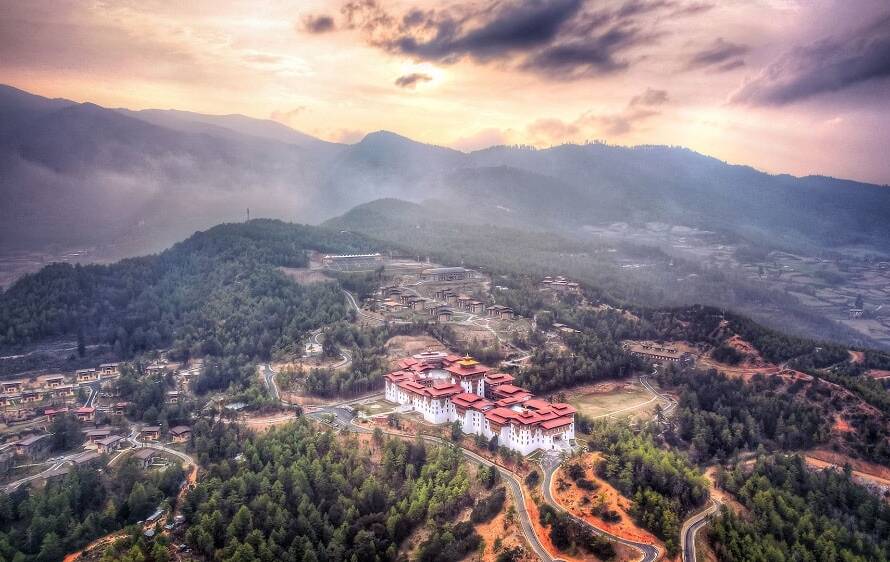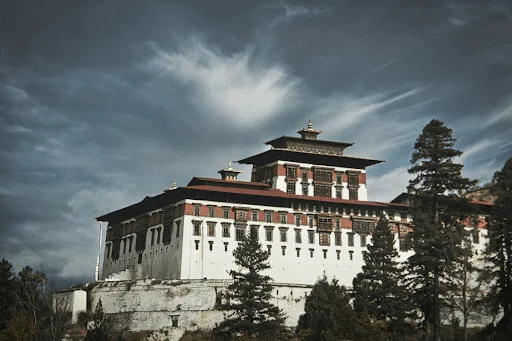Student – Hi Lama la, I’ve been practicing Dharma for a number of years. However, I feel that my efforts are very robotic and lack urgency and passion. Could Lam advise me please? Thank you la.
Master – I think this is a common issue, and many of us just make offerings like a robot and chant mantras like a parrot.
Traditionally, ‘The Four thoughts that turn the mind towards the Dharma’ were taught as a means to counter complacency, and to give impetus to our practice.
However, it is not enough to merely read through these Thoughts as though ticking off items on a shopping list. Instead, the points need to be pondered deeply, and taken to heart. In this way, all our actions are infused with a sense of urgency and used as a means to realize the truth, which is the sole aim of practicing the Dharma.
The first of these Thoughts is The Precious Human Body. Why do we need to contemplate this point? Well, generally, we take our body for granted, not appreciating its precious nature.
Recognizing this as a common oversight, the Buddha gave the following example with the hope that it would help people understand the great difficulty of attaining a human body. As a result, they would use their lives wisely, and not waste the opportunity to realize the truth.
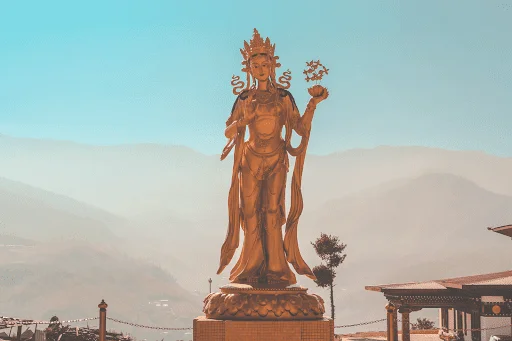
“Imagine if there were a huge, deep ocean as big as this entire world. On its surface floats a golden log with a hole in the center, while on the ocean floor lives a crippled, blind turtle who rises to the surface only once in a hundred years. Now, the possibility of the turtle reaching the surface directly under the log and slipping its head through the hole is obviously extremely small. Yet, this possibility is still greater than that of a living-being gaining a precious human body.”
When we read this example, we may nod our heads and think, “Wow”, but that is not enough. We need to take it to heart and not waste time. Who knows whether in our next life we will be reborn as a flea or an amoeba, with no opportunity to practice again for eons.
Why is human life so prized? Simply put, human existence allows for self-awareness. Also, it generally contains enough suffering to motivate us to work to improve our condition, but not so much pleasure that we become complacent.
However, a human body alone does not qualify as precious, but is only considered so when the person is free and wealthy. So, what is it that prevents us from being free? Distraction. If we had no distractions, we would be free; and if we were mindful, we would be wealthy. Basically, it only becomes precious once a person has encountered the Dharma and embarked on spiritual practice.
If you contemplate and bear these points in mind, your practice will be infused with a greater sense of purpose.
The next Thought is Impermanence. Most of you reading this article will at least be in your mid-twenties or thirties, and many will be older. Cast your mind back to your childhood. It seems like only yesterday that you were climbing trees and swimming in the river. How quickly those years passed, and as you get older, they appear to pass even more swiftly.
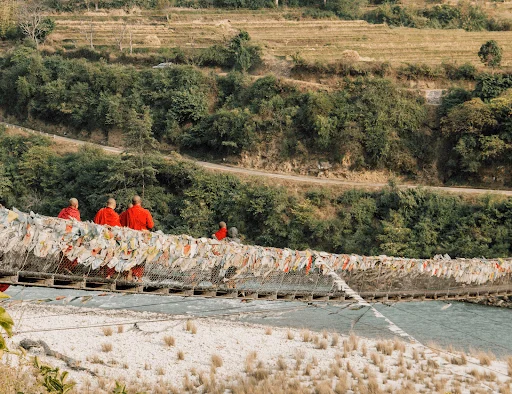
In the Diamond Sutra, the Buddha reminds us of the empty and transient nature of everything: “Like a tiny drop of dew, or a bubble floating in a stream; Like a flash of lightning in a summer cloud, a flickering lamp, an illusion, a phantom, or a dream. This is how you should view this fleeting world.”
An orchid is treasured because it is rare and fragile. Similarly, human life is precious because it is difficult to attain and is short-lived. However, instead of appreciating the rare opportunity that our lives offer us to practice, we spend hours of each day scrolling through posts on Facebook or TikTok, gossiping, or merely accumulating material wealth. This is similar to being given the highest quality gold leaf and using it to blow our nose.
To put the matter in perspective, think of the moment when you are lying on your deathbed about to take your last breath. Will it matter how many likes you have received on FB? Will you care whether people have been back-biting about you, or that you have made more than fifty visits to MBK in Bangkok? No, none of these things will be of the least importance.
So, when we contemplate the fleeting nature of our lives, we are encouraged not to waste time, thinking that we will practice later in life. Life is unpredictable, and we never know which will come first, our next life or the next morning.
The next Thought is Karma – the law of cause and effect. As the saying goes, ‘If you want to know your past, look in a mirror, but if you want to know your future look at what you are doing now.
Although this is true on a relative level, and we need to be aware of the consequences of our action, the aim of the Dharma is not to create good karma, but to go beyond karma entirely. Why is this? Well, our Buddha nature, which is the foundation of enlightenment, is like the blue sky that is obscured by clouds of ignorance – white ones created by good deeds and black ones that are the result of negative action.
Now, the aim of practice is to clear away the clouds entirely, both the black and white, and so allow our sky-like Buddha nature to shine through. As Chandrakirti, one of the greatest commentators on Buddhist philosophy, has said: “If you are an idiot, you will do lots of bad things and go to hell. If you are an idiot, you will do a lot of good things and go to heaven. Now, if you are wise, you will go beyond doing good and bad and reach liberation.”
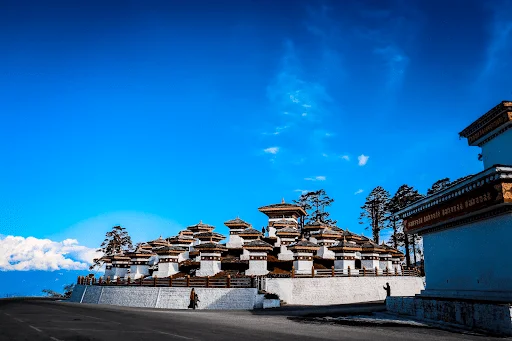
This Thought ensures that our practice is focused on awakening others and ourselves to the truth, and not on planting seeds for a propitious future and auspicious rebirth, which, no matter how beautiful, are impermanent and will soon disintegrate.
That is not to say that we do not try to benefit others and do our utmost to alleviate their pain and suffering. We should, definitely. However, the ultimate aim of practice is to awaken to the truth. If we think of samsaric life as a dream, the goal is to wake up, not to make the dream temporarily more comfortable.
The final Thought is on The Defects of Samsara. We think we can manage our lives, but this is an illusion. In reality, we can’t even control our own heartbeat, and certainly we are unable to prevent sickness, old age, and death.
We are also at the mercy of economic and social conditions that are dictated in faraway capitals, and even family disputes can appear out of nowhere, turning our lives upside down. In short, life is uncertain. Like sitting on a boat in the middle of an ocean, we are rocked by the moods of the weather, over which we have no control.
Furthermore, samsaric goals, such as gain and pleasure are inseparable from their shadows, loss and pain, and so samsara can never provide the long-lasting peace and contentment we desire.
Taken to heart, these Thoughts will infuse your practice with energy and vigor and prevent it from becoming robotic and stale.


